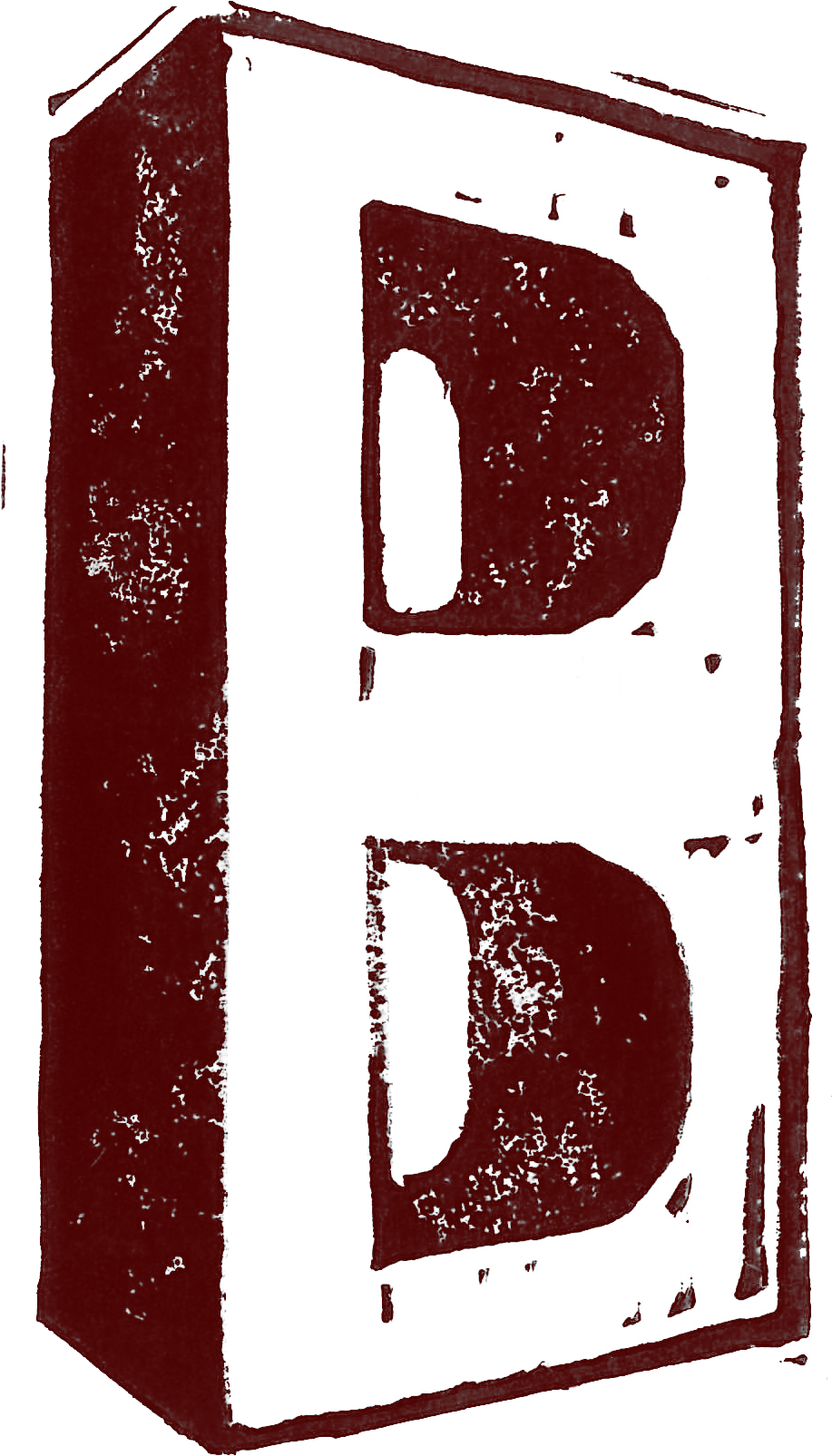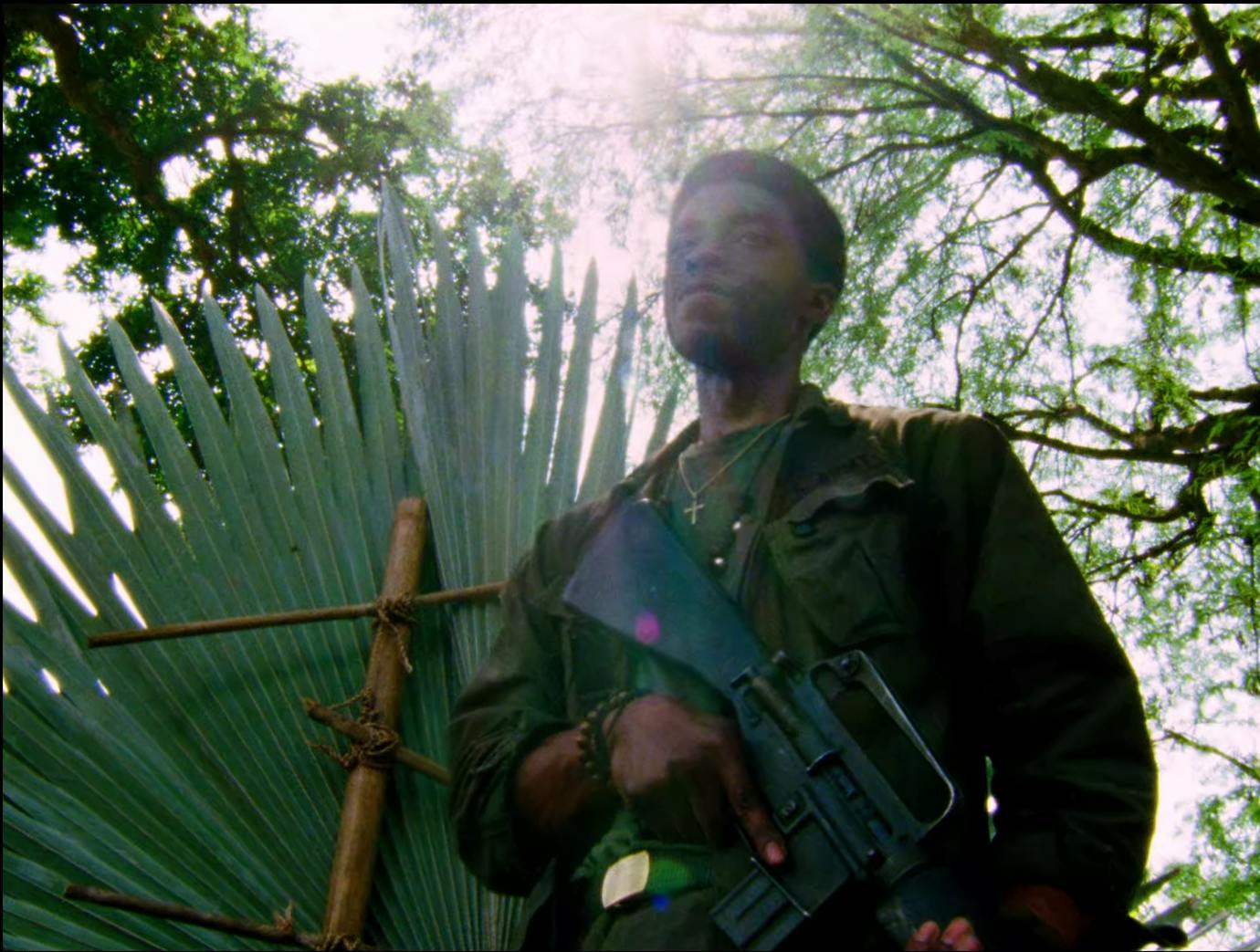It is hard to make sense of celebrity deaths. Especially when someone you expected to be a constant in your life dies so unexpectedly. We often struggle to articulate why these deaths hit us so hard, perhaps because we find it difficult to admit how much of ourselves we put into our idols. I often struggle with the guilt that comes when you realise they’re occupying more space in your brain than your actual lost loved ones. Like any other form of bereavement, their deaths usually leave us assessing their role in our lives. Our relationships with celebrities are almost always parasocial. They don’t know us, and we can never truthfully know them. Some would say these relationships are not real, but even if that’s the case, it’s impossible to detach stars from the symbolic meaning we assign to them. When I see Greta Thunberg on the news, I see our generational anxieties over the inevitable climate crisis. When I see Elon Musk’s latest Twitter tirade, I’m reminded of all the complications of capitalist innovation. Taylor Swift is perhaps the best symbol for the limits and hypocrisies of white feminism everywhere. Meaning orbits stars like, well… you see where I’m going with this.
It seems crass to reduce a multifaceted man with an equally varied career to simply one character he portrayed, but to me, he will always be T’Challa, crown prince of the sovereign nation of Wakanda, the Black Panther. T’Challa is a symbol. To me, T’Challa stands for Black excellence and all its associated meanings. He’s every bit as smart, regal and charming as the actor who portrayed him. He’s the reminder we were once kings and can be again. A window to a plane where everything is red, black and green and ours once more. But I am not mourning T’Challa for T’Challa is not dead. T’Challa will live on as long as Marvel Comics does. T’Challa was never alive. I am not mourning a fictional character; I am mourning the man who embodied those of T’Challa’s qualities that meant the most to us. It almost seems crass to turn him into a symbol. But then I wasn’t the one to do so.
There’s a glass ceiling on Black success and, consequently a weight laden on the few Black celebrities that make it through. All fame comes with breaks, but the expectations on our stars are different: they are made to navigate the twisted gumbo of Blackness’s many contrived definitions. The Black celebrity is a commodity to be sold so long as it suits the right description. As such, fame will invariably contort Black bodies into symbols, totems to be revered by some and struck down by others. He had to suit the definition of a king because we needed him to. A generation of young Simbas needed him to show the way. To remind us we are a connected people.
On Valentine’s Day, 2018, I felt connected. Not just to him, T’Challa and the nation of Wakanda, but to the rest of my African siblings worldwide. That’s what Black artists do: connect. He, like all the others, drew upon his lineage to inform his work. The same way that when Basquiat sprayed or Jimi played or Tupac rapped or Hurston wrote or every damn time Corretta Scott King spoke they did so drawing upon the shared history of the African diaspora, connecting us. Consciously or not, an artist's work draws upon their and their people’s history, their experience in society; all these artists drew from the well of slavery, colonialism, rape and plunder to make something beautiful. In doing so, they spoke for all of us, both of our pain and our majesty. We put a little bit of our soul into all of our idols. I wonder what that means for a man who spent his career embodying so many of them: James Brown, Jackie Robinson, Thurgood Marshall. How could one performer make me feel connected to such specific figures, to our broader shared history? I wonder if these legacies ever pained him. Did the stress of being a lynchpin for a nation of millions weighed him down? I wonder if that weight sat in his stomach like butterflies, but not butterflies, like wasps that twisted his insides. Did we do this?
Black Panther wasn't long ago, but the way the days have been moving lately, it feels like a past era. Maybe it is. The King is dead after all! Enough has been said extolling the virtues of Wakanda just as enough has been said admonishing those who admire it. Admittedly, no utopia presented by the House of Mouse can ever be a perfect one, but I’m not here to argue over a movie. It is undeniable the impact he had in the role. I imagine it was good to be King at times. It must have been a thrill to hear Jay rhyme ‘crushing the oyibo that try to bring wahala’ with ‘I put on for my nation like I'm King T'Challa’; the pleasure of seeing joy on the faces of the sick children who wore the same mask as him. Little did they know they shared an affliction. I never knew the man, but I know what he meant to me. His success was not my success, but I felt pride in seeing him succeed anyway. That’s why it hurt so much when people used his death as an excuse to talk down to us like we’re sagging. We roasted him because he was ours. He did so much for us just by being seen. We saw ourselves in him. If you're not Black, your grief is valid and you have my sympathies, but his death means something different to me than it does to you.
None of it was real though. Like I said, I never knew the man. Did just the one out of many great performances really make any difference in my life? Wakanda is a comic book. A fiction. We cannot afford to aspire to that. There is no place we can return to that hasn’t been spoiled by slavery and colonialism. So many of us are so disconnected from our heritage we don’t even know where our own families come from. What has been stolen cannot be regifted. What has been fucked cannot be unfucked. Look at our reality: this disease targets niggas like it wears a hood. It patrols our neighbourhoods like it was given a badge and whistle. Meanwhile them in blue keep killing us and we march and march until our legs are sore and change still don’t come. We have lost enough already. Why did They have to take one of ours?
Is it idolatry all along? It has been in the past. But how can it truly be false to worship a man when the ground beneath his feet lights up when he walks? When that king looked in the mirror did he see the smiles of millions of Black boys who saw themselves in him or did he see the faces of those he abused and envied? Eventually they all betray us. Don MAGA caps - side with anti-Semites - spike drinks - rape children. Perhaps we should kill them. Tear down these villain’s statues before they can hurt us anymore. Each and every one of our idols: found dead. The Black Panther betrayed me. He said Wakanda was forever. He lied.
No, that isn’t fair, he died. The reports said he didn’t know he was going until the end, that he was convinced he wasn’t going to die. So was I. I think back to his role in Spike Lee’s Da 5 Bloods, a film defined as much by his absence as his performance. Now when I revisit his movies, I feel like the old men of that one, stumbling around the haunted ground he once stood. He was ageless.
I still need my heroes. I cannot let them go and I cannot let them die. I won’t. Not until we don’t need them anymore, but right now we have so little I cannot give them up. There is no promised land for our people. Every step forward is just prologue to two steps back. And in my cynical heart of hearts I know that, but when I think of the work of Chadwick Boseman, I feel inspired. I feel hope. Hope that there’s a fairer future where we can live harmoniously. In peace and undisturbed. I’m not ready to give up on that. I do not reduce him to a symbol. I elevate him to one. Our heroes never die. They multiply.
Chadwick Boseman forever.
This article was done in collaboration with The Badger in honour of Black History Month.

